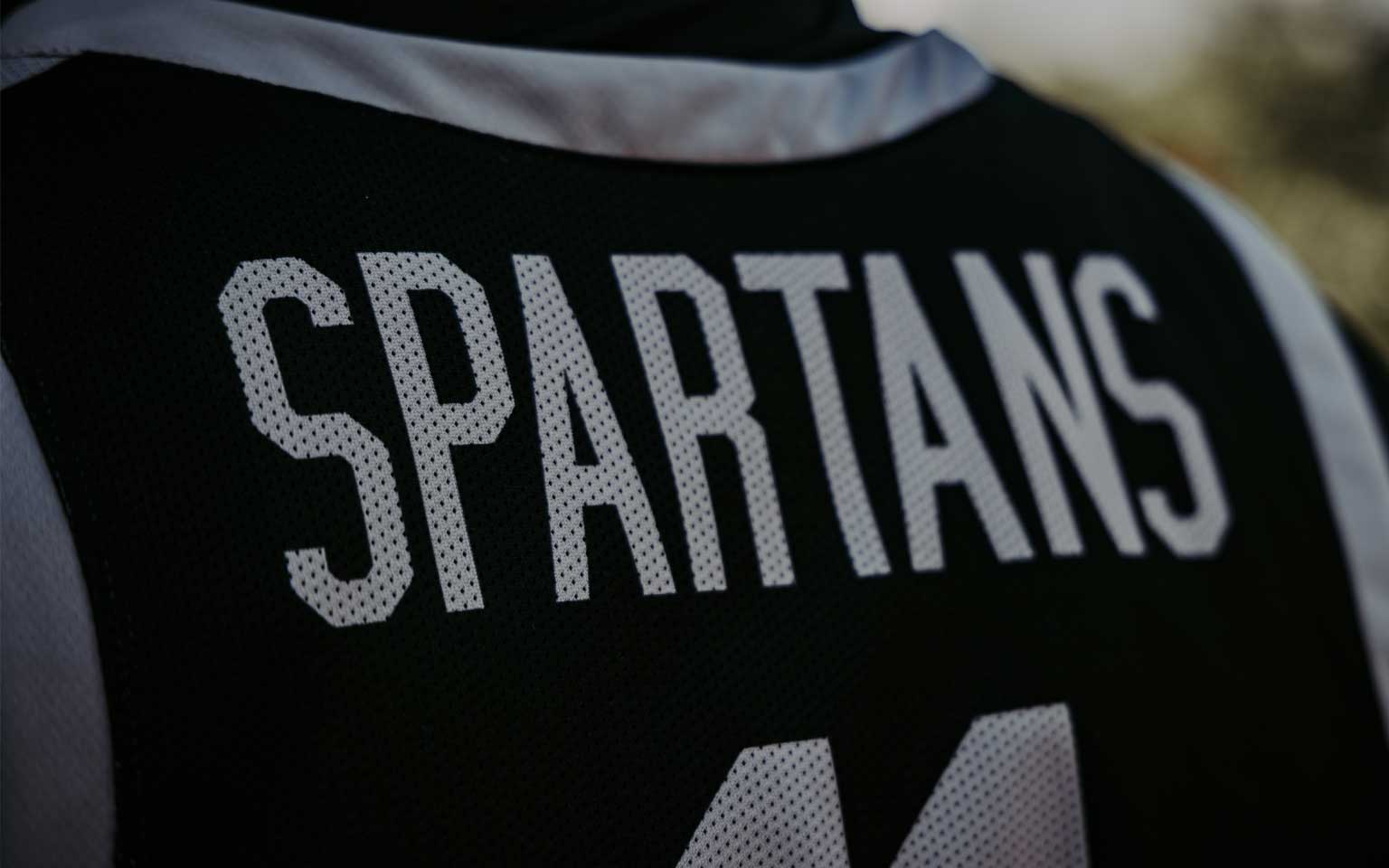Institutions of higher education are required to determine the residency classification of applicants. The initial determination of one’s residency classification is made at the time of admission. The determination made at that time, and any determination made thereafter, prevails for each subsequent semester until information becomes available that would impact the existing residency classification and the determination is successfully challenged. The burden of proof rests with the students to show evidence as deemed necessary to establish and maintain their residency classification.
All students who believe they are South Carolina residents MUST complete the SC Residency Classification Form in their Self Service Carolina (SSC) account after admission.
For questions related to residency, please contact one of the residency officers listed below:
Ira Pace
864-503-5808
Rebecca Kunz
864-503-5281
Any appeals related to the residency classification should be directed to Donette Stewart, Vice Chancellor for Enrollment Services.
South Carolina Residency Laws and Regulations
University of South Carolina Upstate Policy and Procedures
In accordance with the South Carolina Commission on Higher Education policy 59-112-10, the University of South Carolina Upstate is committed to providing proper assessment for all students for state grants, scholarships, and as a state institution, assessment of tuition charges. USC Upstate will use guidance and statutes provided by the Commission on Higher Education (CHE) to ensure fair and equitable decisions are made for all students regardless of legal residency in the state or out of state.
Implementation of Policy
USC Upstate Admissions counselor will provide a comprehensive review process from the time of admission to the completion of the add drop period. The state of responsibility for determining a student’s legal residency status is listed below and meets the South Carolina Commissions on Higher Education’s statute regarding legal residency. All students who wish to claim legal residency must meet the requirements listed in SC Code of Laws, Section 59-112-10 will be reviewed in a fair and equitable process.
Statement of Responsibility
- It is the student’s responsibility to support the burden of proof as outlined by CHE.
- It is the university’s responsibility to provide required forms, as needed.
- It is the student’s responsibility to complete required forms to be considered. The university does not take special consideration for any student regardless of length of legal residency. All submissions will be reviewed with impartiality.
- Students must complete residency certifications prior to the end of the term for which they wish to be considered. However, students must be eligible for in-state residency prior to the start of the term for the petition to be approved during the current term.
- Retroactive refunds for academic years which have passed will not be granted.
- Students who become eligible during a term may apply for residency consideration for the following term.
- For example:
- A student beginning enrollment in Fall 2023 but attended both fall 2023 and spring 2024 may be eligible for retroactive adjustments so long as they have completed the residency verification form and were legally residents of the State of South Carolina before the beginning of new academic year.
- A student who began in fall 2020 and was enrolled at the non-resident rate through spring 2022 may only request a retroactive adjustment for fall 2021 and spring 2022.
- It is the university’s responsibility to inform the student of required forms.
- Forms will be processed in order of receipt from the student.

